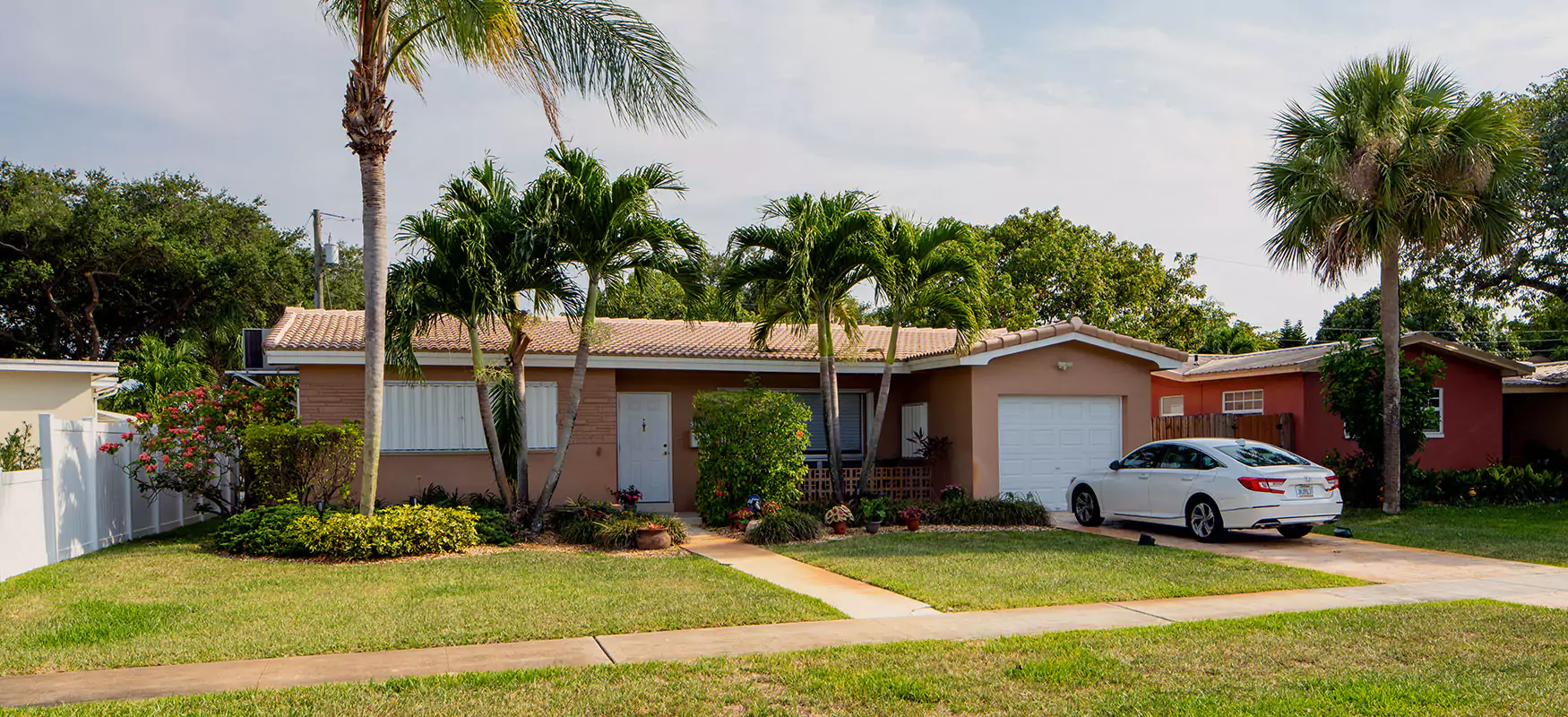Inheriting a home can be both a blessing and a burden. While it might provide a valuable asset, the process of selling an inherited house comes with its own unique set of challenges. If you’re asking yourself how to sell an inherited house or if you’ve inherited a property and aren’t sure where to start, this guide will walk you through each step. Whether you need to sell quickly or just want to understand the process, we’ve got you covered on how to sell a house you inherited.
Step 1: Understand the Legal Process
So, how long do you have to sell an inherited house? The answer is complicated by the legal process. When selling an inherited house, you may need to go through probate to validate a deceased person’s will and distribute their assets. If the estate is worth a certain dollar amount ($184,500 in California) and you’re a joint tenant or don’t have ownership rights that bypass probate, this process must be completed before selling the house (assuming it meets the estate.
Probate can take several months to a year, so the timeline for selling depends on its completion. If you’re not ready to sell right away, some companies offer flexible closing dates, allowing you to stay in the house for a bit longer if needed.
Step 2: Evaluate the House’s Condition
Before listing an inherited house, it’s important to assess its condition. If the property has been vacant or neglected, repairs may be necessary. Hiring a professional inspector can help identify any major issues like structural or plumbing problems.
Once you know what needs attention, decide whether to repair the house or sell it as-is. Weighing the cost of repairs against the potential sale price will help you make the best choice based on your goals and resources.
Step 3: Determine the Value of the Property
Once you have a sense of the home’s condition, it’s time to determine its market value. Understanding the value of the inherited house is crucial to ensure you get the right price when selling.
To get an accurate appraisal, you may want to hire a professional appraiser who can provide an unbiased estimate of the home’s worth. They will look at the home’s condition, location, size, and comparable properties in the area. Researching local market trends and recent sales in your neighborhood can also provide valuable insight into pricing.
Another option is to work with a real estate agent experienced in selling inherited homes. They can help you assess the local market and provide a professional opinion on how much you could sell your inherited house for. An agent can also advise you on the best strategies for marketing the property and negotiating offers.
Step 4: Decide on Repairs or “As-Is” Sale
When it comes to selling an inherited home, one of the main decisions you’ll face is whether to make repairs or sell the house as-is. If you choose to make updates or repairs, you may see a higher return on your investment, especially if the house is outdated or in poor condition. However, the process can take time, and it may require a significant financial commitment.
On the other hand, selling an inherited property as-is can be a good choice if you’re looking for a faster sale. Many buyers, especially cash buyers, are willing to purchase homes in their current condition without any repairs. The advantage of selling as-is is that it can speed up the process, which is ideal if you need to sell quickly due to personal reasons, such as divorce, financial stress, or a job transfer.
Cash buyers can often close quickly and will not require repairs or upgrades before buying. This could be a great option if you’re looking to sell an inherited house fast and without the hassle of making repairs or staging the home for traditional buyers.
Step 5: List the House or Work with Investors
When selling an inherited house, you have two main options: listing it traditionally or working with investors.
Listing the property involves hiring a real estate agent to market the home, schedule showings, and negotiate with buyers. However, this process can take time, especially if repairs are needed.
Alternatively, selling to real estate investors is often faster and less complicated. Investors buy homes in any condition, make cash offers, and can close quickly, making this a good option for a speedy sale with minimal effort.
Whether you list the house or work with an investor, both options can meet your needs and timeline
Challenges of Selling an Inherited House and How to Overcome Them
As noted, selling an inherited house can come with challenges, such as navigating the probate process, dealing with emotional attachment, or addressing repairs and maintenance. To overcome these, it’s important to understand the legal steps, consult with professionals like real estate agents or attorneys, and assess the condition of the property. If repairs are needed, consider selling to investors who buy houses as-is, or opt for a flexible timeline if you’re not ready to sell right away.
Managing Family Dynamics
Inheriting a home often involves multiple family members, which can lead to disagreements about what to do with the property. If you and other heirs are involved in the decision-making process, it’s important to maintain open and clear communication.
Consider consulting with an attorney or mediator to help resolve disputes. Having a neutral third party involved can ensure that everyone’s interests are respected and help prevent conflicts from delaying the sale. Clear communication and setting expectations early can help prevent misunderstandings down the road.
Tax Implications and Capital Gains
Another challenge when selling an inherited house is understanding the tax implications. When you inherit a home, the property is typically valued at its fair market value on the date of the original owner’s death. If you decide to sell the home, any increase in value since that date may be subject to capital gains taxes.
However, since the home’s value is stepped up to its market value at the time of inheritance, you may not owe as much in capital gains tax if you sell it soon after inheriting the home. It’s always wise to consult a tax professional to fully understand how the sale of an inherited house will affect your taxes.
Quick Tips for Selling an Inherited House Efficiently
Get professional advice: Speak with a real estate agent or attorney who specializes in inherited homes to ensure you understand the legal, financial, and practical implications of the sale.
-Declutter and depersonalize: A clean, neutral space is more appealing to potential buyers, so take the time to remove personal items and clear out clutter.
Research local cash buyers: If you need to sell quickly, consider researching cash buyers in your area. This could be a faster, more straightforward way to sell an inherited property without delays.
Final Thoughts: Moving Forward with Confidence
Selling an inherited house may seem daunting at first, but with the right approach, it can be a smooth transition. By understanding the legal process, evaluating the home’s condition, and knowing your options for sale, you’ll be well on your way to a successful sale.
Remember, whether you choose to sell, rent, or live in the home, taking that first step is key. Don’t be afraid to seek out help from professionals, whether it’s an agent, attorney, or financial advisor. With a solid plan, you can navigate the process of selling an inherited house with confidence and ease. If you want to sell quickly, you always have the option of finding a company that buys homes, and fast. Call I Buy SD today for your free cash offer on your inherited home.

